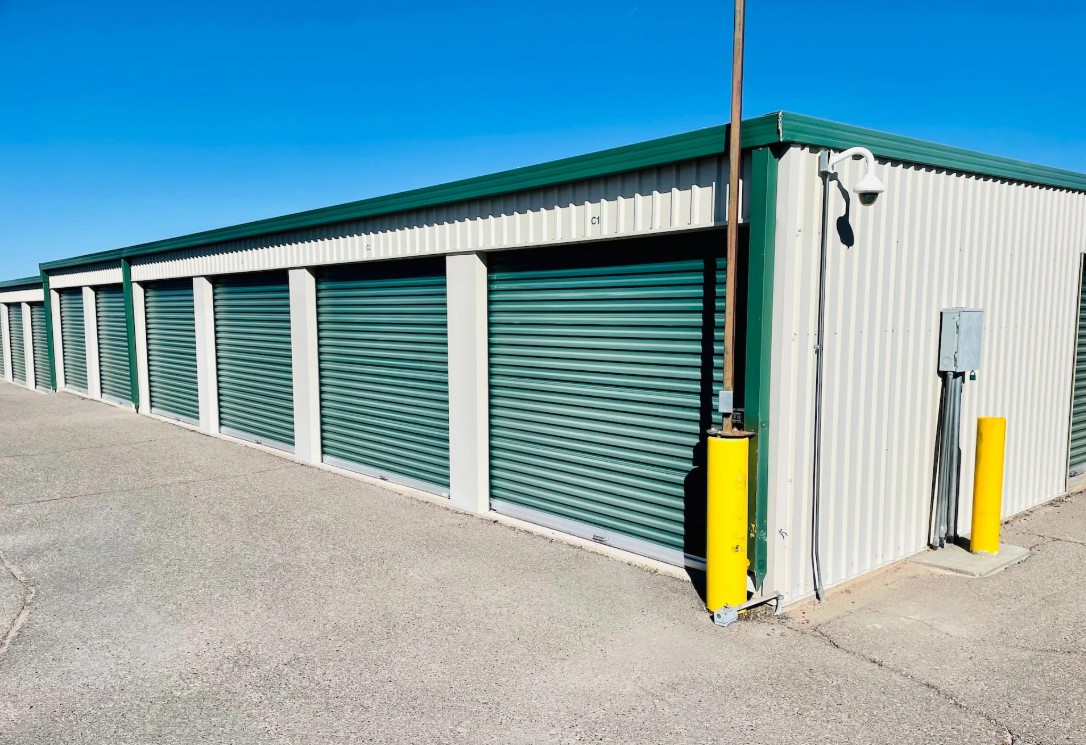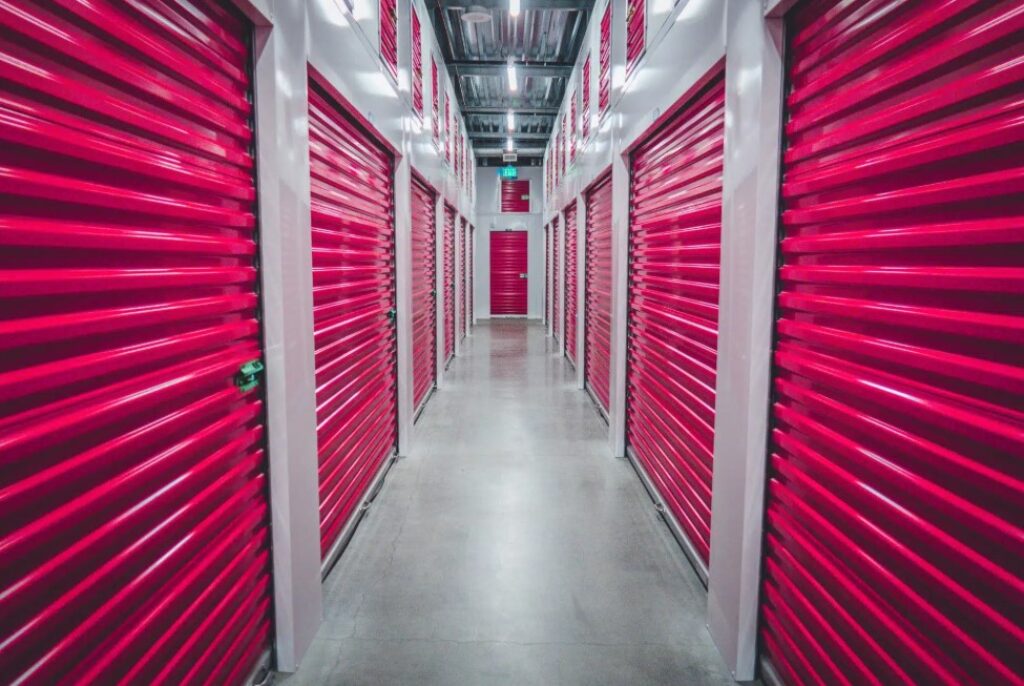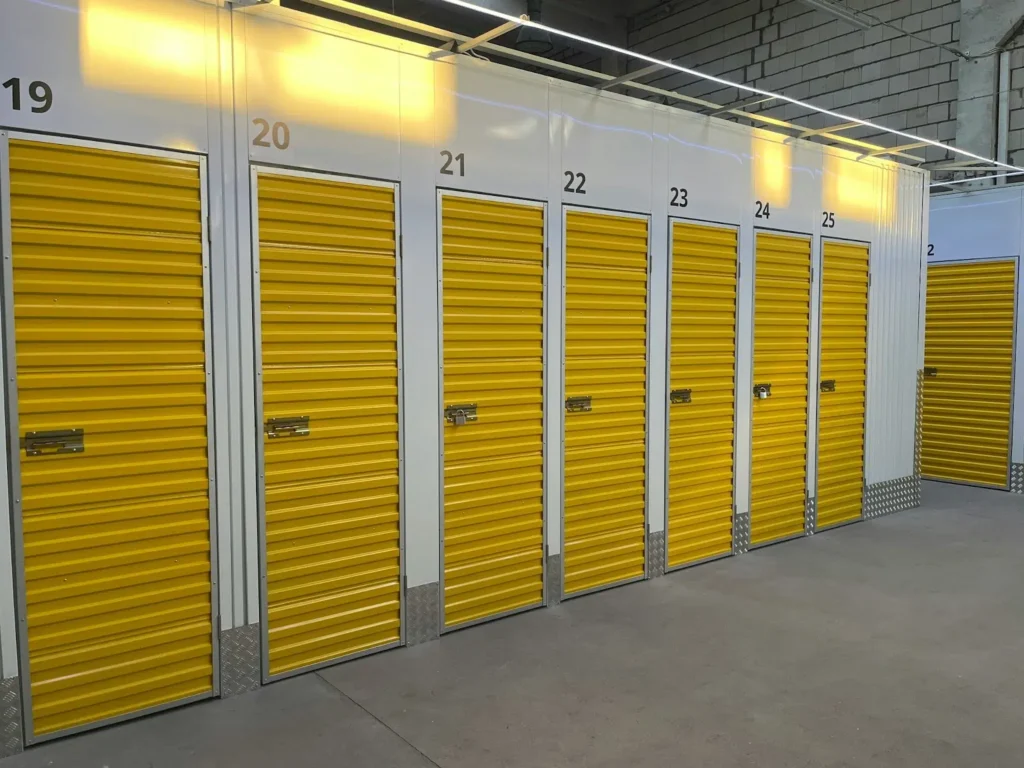
Choosing the right self storage option can create a major difference for businesses that need extra room for inventory, equipment, supplies, or documents. Limited office space can quickly become a problem once your business begins to grow or seasonal demands start to shift. Finding the right storage solution allows you to stay organized, avoid clutter, and keep your operations efficient.
Business owners across industries often rely on self storage units to manage overflow, keep materials secure, or store records off-site. Selecting the right unit requires a detailed review of size, access, security, and cost. Each of these factors shapes how well the unit supports your current and future needs.
Table of Contents
Start With a Clear List of Storage Needs
Before evaluating units, you need to list everything that requires storage. Include physical dimensions, storage conditions, and how often you will need access. A business storing boxed records will need less space than one storing furniture or seasonal retail stock. Create a full inventory and categorize items by size, value, and sensitivity to temperature or humidity.
Self storage units come in a range of sizes and configurations. Some businesses only need a small 5×5 foot unit for archived documents, while others may require 10×20 feet or more for bulk items. Choose based on current needs, but also plan for changes or business expansion.
Evaluate Location and Accessibility
Distance plays a major role in selecting the right facility. If you plan to access your unit often, it must be located near your primary workspace or retail location. Some facilities offer 24-hour access, which is useful for after-hours inventory runs or emergency access.
Drive-up access is also important if you need to move large items. A unit located on the ground floor, with direct vehicle access, will save time and reduce the risk of damage during handling. If you use your storage frequently, avoid facilities that limit entry times or charge extra fees for frequent visits.

Source: quickselfstorage.co.uk
Review Security Features and Monitoring
Security should never be overlooked when choosing a business storage unit. Look for properties that feature gated entry, keypad access, well-lit surroundings, and video surveillance. Some units also include individual alarms or digital locks.
Businesses storing sensitive documents or high-value items must prioritize advanced security features. Insurance policies may also require specific safeguards, so confirm with your provider before committing to a location.
Choose Climate-Controlled Options for Sensitive Goods
Many business items degrade under extreme temperatures or high humidity. Electronics, printed materials, fabrics, and wooden products all benefit from a temperature-stable environment. Climate-controlled units maintain consistent air quality and prevent mold, mildew, and warping.
Not every business needs this type of storage, but if you store anything sensitive, this feature can extend the lifespan of your assets and reduce loss.
Compare Prices and Rental Terms
Monthly cost matters, but value depends on what you get in return. Cheaper units may lack security or climate control, leading to hidden costs later. Always compare facilities based on services included, ease of access, and protection of your property.
Long-term discounts, month-to-month options, and flexible rental terms give your business room to adapt. Do not lock yourself into a contract that fails to match your business cycle.

Source: steelcobuildings.com
Final Thoughts
Smart storage choices support business success by creating more usable space and improving organization. Focus on needs first, then match those with unit features and policies. Prioritize safety, access, and flexibility when comparing facilities.
A good self storage unit offers more than extra square footage. It becomes a tool that supports your daily workflow and long-term planning.







